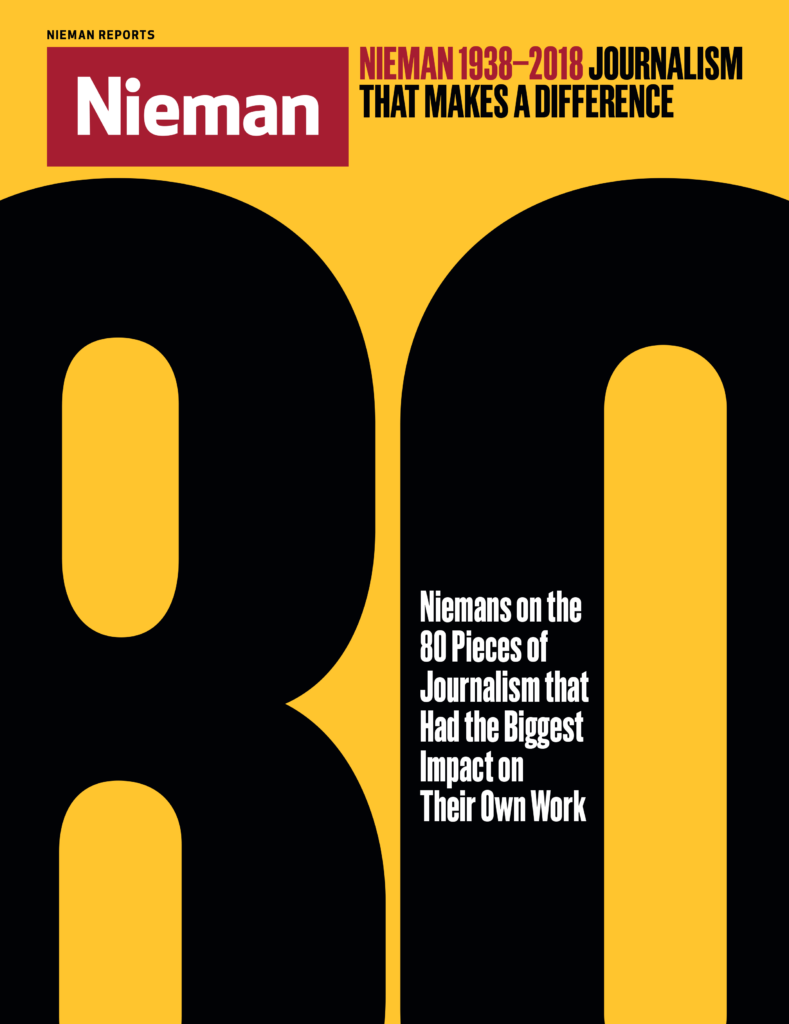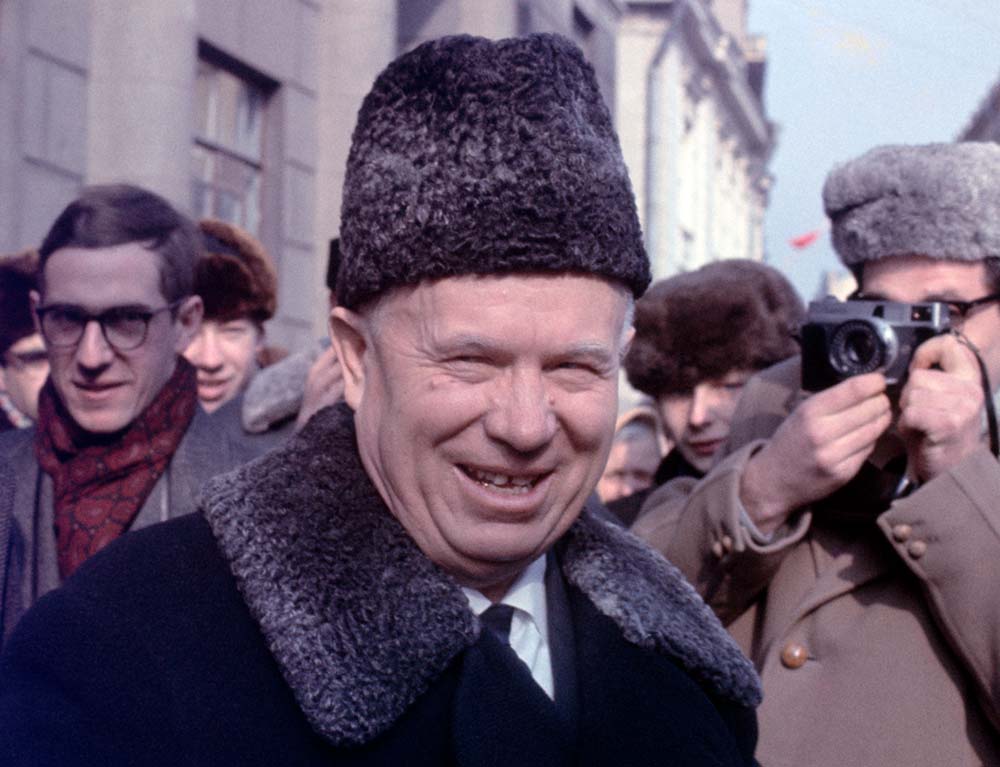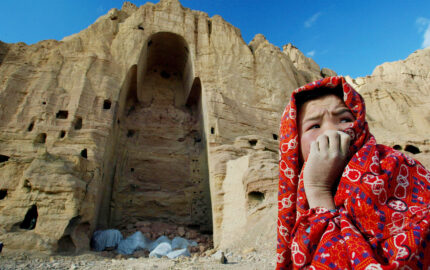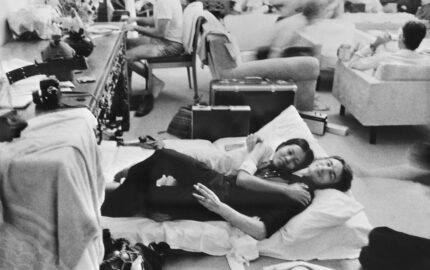
How are great journalists made? Often, it’s pieces of great journalism that help form them, influencing their lives or careers in an indelible way. To celebrate the Nieman Foundation for Journalism’s 80th anniversary in 2018, we asked Nieman Fellows to share works of journalism that in some way left a significant mark on them, their work or their beat, their country, or their culture. The result is what Nieman curator Ann Marie Lipinski calls “an accidental curriculum that has shaped generations of journalists.”
When "Khrushchev Remembers” first appeared in Life magazine and as a Little, Brown book, in 1970, about five years after he was ousted from power and forced to live 20 miles outside Moscow in a fenced-in compound, the articles and the book created a sensation. Produced from 180 hours of audio tapes, it was the first account by a Soviet leader to reveal the inner workings of the Kremlin. They could not be called memoirs since Khrushchev was not authorized to send his memoirs abroad. His family and friends insisted that no details be revealed on how the memoirs were created. The Publisher’s Note stated, “The publisher is convinced beyond any doubt, and has taken pains to confirm, that this is an authentic record of Nikita Khrushchev’s words.”
As Time magazine’s Moscow bureau chief, I was instrumental in acquiring and secretly validating the authenticity of Khrushchev’s terrifying revelations of how Stalin’s excesses led to the collapse of the Soviet Union. As a journalist, I struggled to confirm the authenticity of the tapes. Time had them all voice-printed to confirm that they matched Khrushchev’s voice at a United Nations speech in New York City.
What I took away from the memoirs, which turned into a total of three volumes, was that Khrushchev played an instrumental role in destroying Soviet communism with his revelations, which he intended to salvage and restore his own place in history.
Khrushchev Remembers, Vol. 3
By Nikita Sergeevich Khrushchev
Translated and edited by Jerrold L. Schecter with Vyacheslav V. Luchkov
Little, Brown and Co., 1990
Excerpt
Our ships went to Cuba right through an armada of the American fleet. The Americans didn’t touch them and didn’t check them. In October [1962] we had nearly completed the transportation operation. The nuclear warheads were dispatched while the atmosphere was red-hot. Every hour I expected they would capture our ships, but they didn’t. We installed the forty-two missiles.
We could have delivered a powerful strike against the United States, but the United States would no doubt have responded with a counterattack equal to, or even greater than, ours.
In spite of all the noise, we pushed ahead with the operation. [Foreign Minister] Andrei Andreyevich Gromyko was in New York at a United Nations session. It was a difficult moment; storm clouds were gathering. Gromyko was invited by [Secretary of State Dean] Rusk to Washington. Our position was neither to confirm nor to deny the presence of missiles. In answer to a direct question, we would deny. Later we were accused of perfidy and dishonesty, but who was accusing us? The United States, which encircled us with its military bases, ought to be the last one to accuse us of that. Did the Americans ever take the trouble to inform us before they built their bases?
Reprinted with the permission of Little, Brown and Company.



